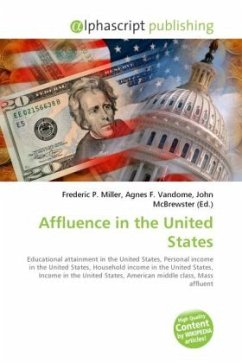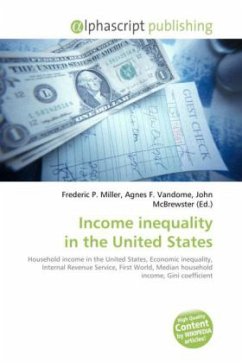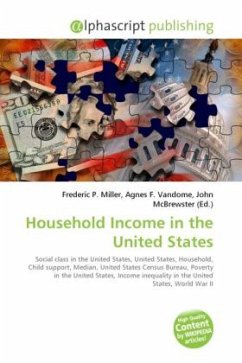Affluence in the United States refers to an individual's or household's state of being in an economically favorable position in contrast to a given reference group. While there are no precise guidelines or thresholds for what may be considered affluent, the United States Department of Commerce's Bureau of the Census does provide detailed statistical data on the economic state of America's population. Income, measured either by household or individual, is perhaps the most commonly used measure for whether or not a given entity may be considered affluent. The term's usage varies greatly depending on context and speaker. Both an upper middle class person with a personal income of $77,500 annually and a billionaire may be referred to as affluent. If the average American with a median income of roughly $32,000 ($39,000 for those employed full-time between the ages of 25 and 64) was used as a reference group, the upper middle class person with a personal income in the tenth percentile of $77,500 may indeed be referred to as affluent. If compared to an executive of the Fortune 500, however, the upper middle class person would seem anything but affluent.
Bitte wählen Sie Ihr Anliegen aus.
Rechnungen
Retourenschein anfordern
Bestellstatus
Storno








